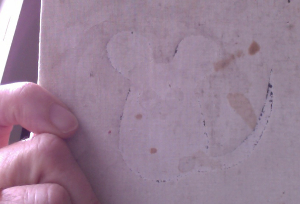I have been a poet since I was 9 years old. (Yes, I have a copy of my first poem. No, you can’t read it.) On the first day of 5th grade (and probably 6th, and likely 7th) when we went around in a circle giving our name and the name of a thing that we liked that started with the same letter, I always said, “Pearl. Poet..” And I always learned everybody’s name that day.
Frederick the mouse is a poet created by Leo Lionni. Preparing for winter, the other mice
… all worked day and night. All — except Frederick.
“Frederick, why don’t you work?” they asked.
“I do work,” said Frederick. “I gather sun rays for the cold dark winter days.”
In their winter quarters, after the food is all gone, Frederick recites poetry, feeding the souls of his brethren.
I identify with Frederick, sometimes uncomfortably, worrying that while poetry might entertain us after the food is gone, we will still starve. Yet poetry feeds the soul and the soul needs nourishment. I hold on to that even when I wonder if I might be more useful as a literal, not metaphoric, gleaner.
Ogden Nash addressed the problem thus:
Poets aren’t very useful
Because they aren’t consumerful or very produceful.
Art and creative expression have to mean something apart from economic utility, though I can hold seemingly contradictory thoughts in the same mind: We can make money from art.
Today I have this depressive feeling (a leftover, no doubt, of late-night ice cream following a near-life driving hazard) that I focus too much on the economics and not enough on the deep spiritual sustainability thing. I have no answer to that conundrum today, so I’m experimenting to see if coffee can help.
I’ve internalized a certain amount of poetry, literally incorporating it into my brain-body so I can spit it out at appropriate times. Skyping with T. to create the name of her new blog project, poem and lines of poetry kept coming to mind, and I realized that April is National Poetry Month.
I like to ask the wrong questions about holidays: What are you giving up for National Poetry Month? What presents are you giving? What temporary structures you building, special meals cooking, and gifts giving? What poetry songs will you sing?
This poem seemed particularly relevant to what T. said to me about the women she wants to address; Edna St. Vincent Millay does a lovely job of putting women’s expression in perspective, balancing it on the knife edge of domestic and universal:
An Ancient Gesture
I thought, as I wiped my eyes on the corner of my apron:
Penelope did this too.
And more than once: you can’t keep weaving all day
And undoing it all through the night;
Your arms get tired, and the back of your neck gets tight;
And along towards morning, when you think it will never be light,
And your husband has been gone, and you don’t know where, for years.
Suddenly you burst into tears;
There is simply nothing else to do.
And I thought, as I wiped my eyes on the corner of my apron:
This is an ancient gesture, authentic, antique,
In the very best tradition, classic, Greek;
Ulysses did this too.
But only as a gesture,—a gesture which implied
To the assembled throng that he was much too moved to speak.
He learned it from Penelope…
Penelope, who really cried.
While this risks making tears natural from women and artificial from men, I really see this as grounded in the story of the weaver and her adventuring husband.
Robert Frost, full of surprises, has given me insight into the contradictory nature of getting at the deeper truth we need to know and the difficulty of knowing it from outside.
The Secret Sits
We dance round in a ring and suppose,
But the Secret sits in the middle and knows.
Here ends my exegesis. There are some poems I don’t like and some poems I do, and the ones I do enter my bloodstream and influence my cellular development.
Celebrate National Poetry Month by sharing your favorite poetry here!

